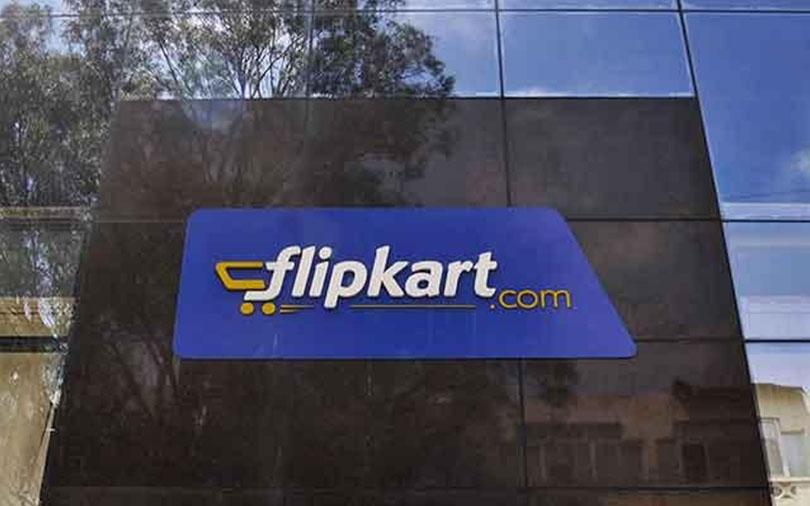It was the summer of 2014. Amazon.com, Inc's chief executive Jeff Bezos took the stage at an event in Seattle, donned in monochromatic clothes—blue jeans, a light blue shirt and a dark blue blazer—to launch the e-tailer's answer to the iPhone. The Fire smartphone.
"Can we build a better phone for our most engaged customers? Can we build a phone for Amazon Prime members?" Bezos asked the audience. "Well, I'm excited to tell you the answer is yes," he replied to a thunderous applause from fans and industry folks.
Just one year later, however, the excitement had dissipated—the Fire had been doused by customers. US telecom service provider AT&T dropped the Fire's price from $199 to a mere 99 cents, for a two-year contract. Reports suggested that the company had made a $170-million loss on the device, and had idle inventory worth $83 million.
So why did the Fire, touted as the next big thing by the world's biggest e-tailer, suffer such a fate? Two main reasons—its high price and a lack of differentiators vis-a-vis the iPhone. Analysts also said it was no head-turner, and Apple’s Amazon iOS app was enough to satisfy customers. Amazon's price gamble simply didn't pay off. While analysts expected the Bezos-run company to follow its playbook of offering a solid product undercutting competition, the Fire's pricing was almost on a par with flagship Android phones and the iPhone.
Flipkart's tablet experiment
Around the same time, something similar was happening in India. Homegrown e-commerce firm Flipkart had launched its affordable DigiFlip Pro Android tablets, starting at Rs 5,999. The tablet market was then showing signs of recovery, after taking a sharp hit in the past couple of quarters.
Four years later, however, Flipkart had to discontinue DigiFlip, a brand under which it also sold accessories such as laptop bags and camera pouches. Sales never really took off.
But the experiments didn't stop there. Flipkart soon launched SmartBuy, a private label under which it offered fashion apparel and electronics as also home furnishing products, kitchen appliances, and health and personal care items.
Second wind?
So far this year, there have been a flurry of announcements from the Sachin and Binny Bansal-run company. Last month, it launched its first in-house brand for large appliances, MarQ. The e-tailer, which plans to sell TVs, washing machines, air-conditioners and speakers, among other products, plans to undercut top brands with similar specifications by 15-20%, it had said in a statement.
In June, media reports suggested that Flipkart was building a budget brand called Billion across electronics, appliances and accessories to attract new shoppers. According to a report in financial daily Mint, the company was also entering the mobile devices segment by rolling out a budget phone to compete with offerings from Xiaomi and Micromax.
The entrant
Flipkart on Friday said it was launching its first "Made-For-India" smartphone, the Billion Capture+ , to address the unique needs of Indian customers.
The phone, which will go on sale exclusively on Flipkart from November 15, will sell at a starting price of Rs 10,999. The device, which comes with an Octacore Snapdaragon 625 processor and 3,500 mAh battery, will be available in two configurations: 3GB RAM + 32GB ROM at Rs 10,999; and 4GB RAM + 64GB ROM at Rs 12,999.
Expectedly, Flipkart is offering attractive offers on the phone, along with consumer finance options such as zero-cost EMI
Timing of the move
According to data from Counterpoint’s Market Monitor service, India's handset shipments reached an all-time high of over 84 million in the third quarter of 2017. Part of this was due to strong performance from the likes of Xiaomi, Vivo and Oppo ahead of the festive season, Counterpoint said. “Bulk of the growth was driven by online channels such as Flipkart’s Big Billion Days sale and Amazon’s Great India Festival,†it added.
A Flipkart spokesperson told VCCircle that the exuberant market and Billion’s data-driven strategy were a recipe for success. What this essentially means is, after gathering data on millions of users for years, Flipkart has a better understanding of the supply chain, finance and products.
“The trends and behaviour analysis from the huge data that Flipkart has gathered is going to come in handy for the Billion smartphone. After selling phones for vendors such as Xiaomi, Motorola and Lenovo, they have a better understanding of the sector,†said Navkendar Singh, associate research director for client devices, IDC India.
Flipkart has confirmed that it is working with Indian original equipment manufacturer Smartron to bring out the new smartphones.
Will it be a success?
Analysts VCCircle spoke to had divergent opinions, but most of them felt one will have to wait and watch. “Market dynamics have changed since the Amazon Fire launch and hence the launch of Capture cannot be compared to it.
Consumers have matured over the last few years and so has the online retail industry. This simply increases Flipkart’s chance of success,†Singh of IDC said, adding that Amazon’s efforts with the Fire phone were not great.
“Having said that, look at the smartphone space where Flipkart is dipping its fingers. It is getting into the $100-200 segment which, despite being the most competitive, constitutes around 50% of the entire smartphone market,†Singh explained.
He further said that though brands such as Xiaomi, Vivo, Lenovo and Motorola dominated the segment, domestic players like Micromax and Lava were are also trying to get into the space. "This should provide landing space for Flipkart but with challenges, since consumers expect certain quality and specifications,†he added.
Besides, Flipkart might have decent brand recall as an e-tailer, but electronics manufacturing is a different ball game altogether. Says Faisal Kawoosa, lead for Cybermedia Research’s telecom practice: "Flipkart is known as an online retailer and not a manufacturer of products. Consumers will see that and not be keen enough to try its products given the space is ruled by the likes of Xiaomi,†Kawoosa said, adding that marketing and branding will play an important role in the brand's success.






